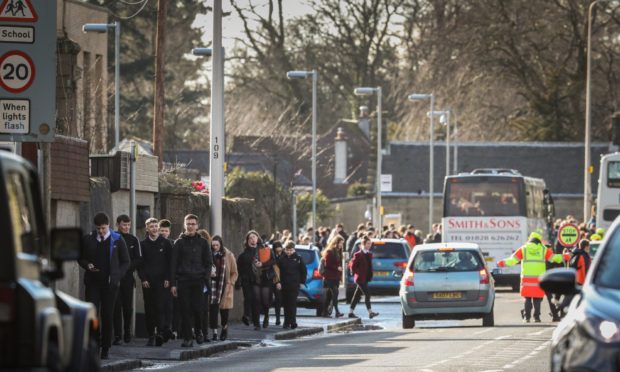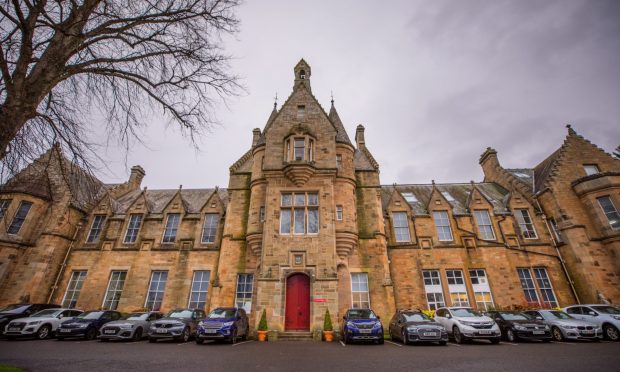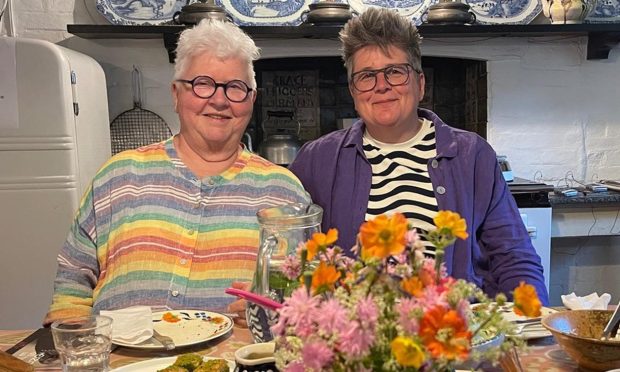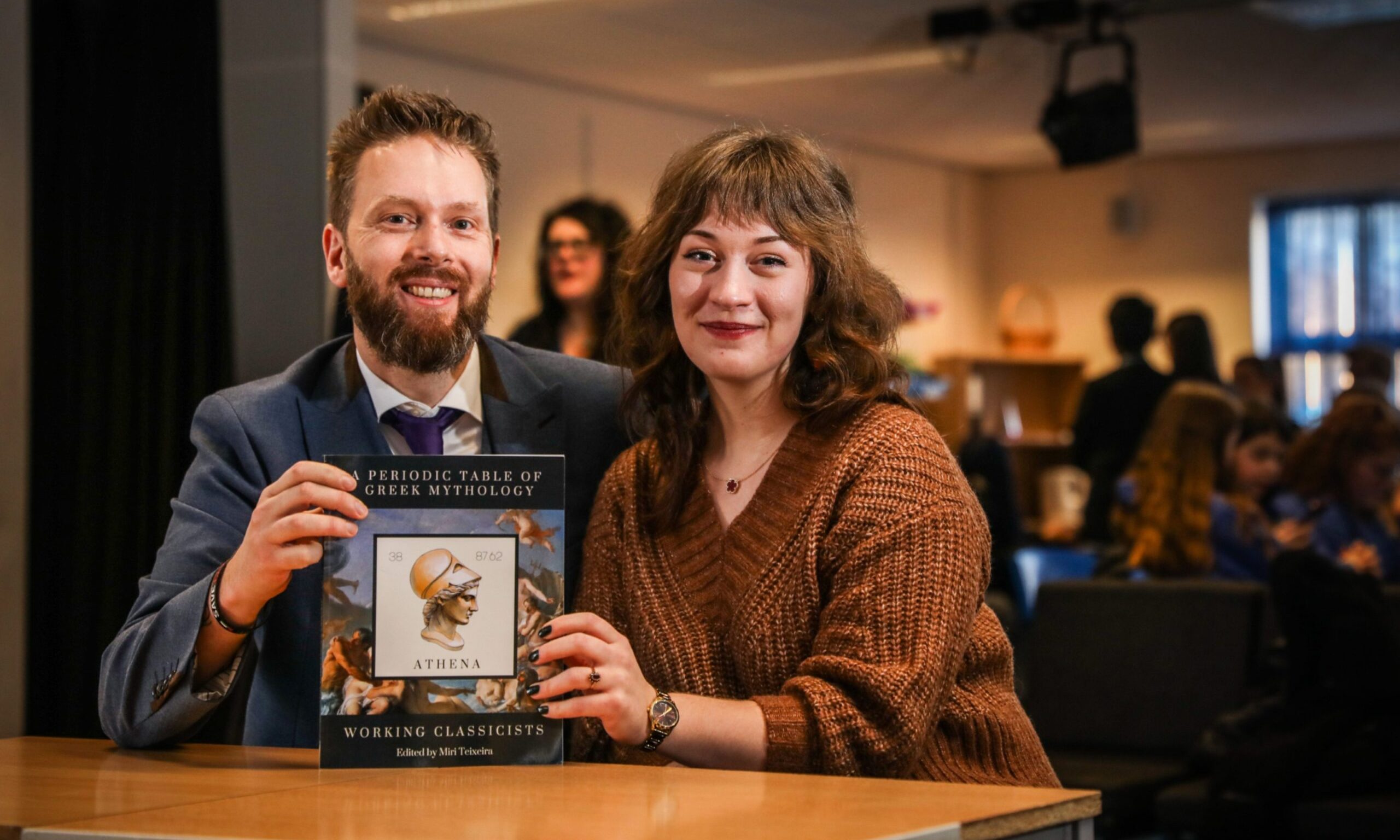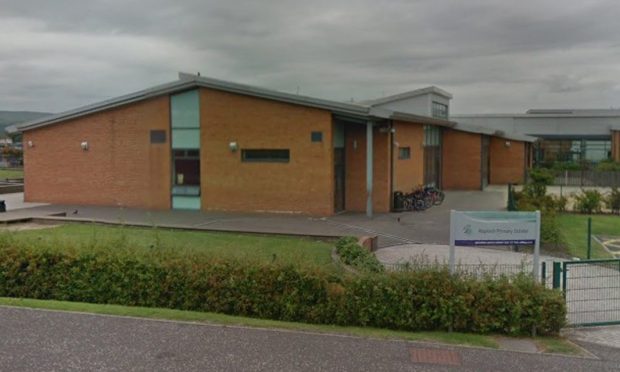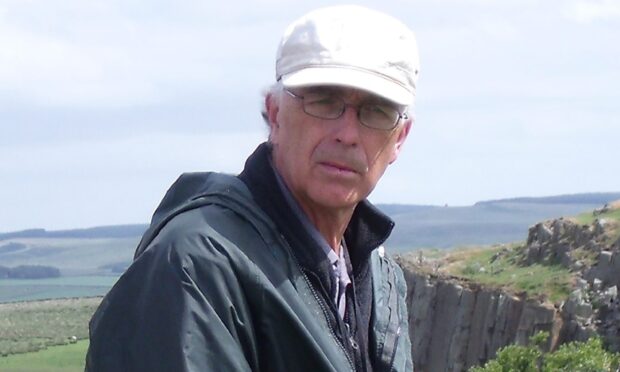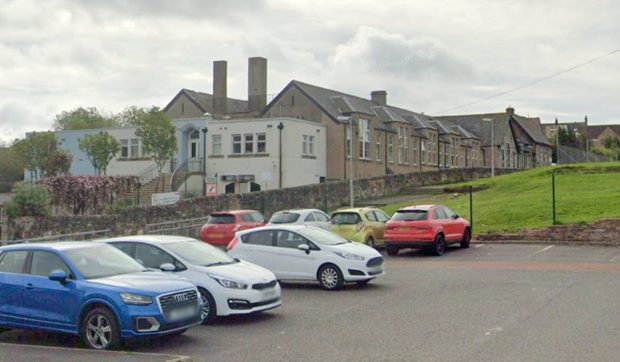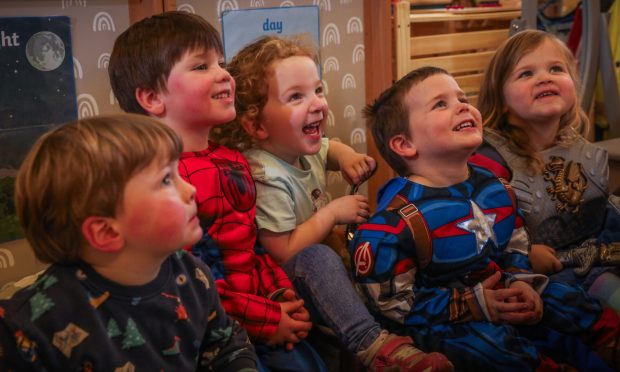Sir, Although the educational experience of candidates has been disrupted as a result of the pandemic and teacher union intransigence, axing exams next summer is surely not the answer.
Such tests give the academic year structure and purpose as a rite of passage marking the end of one phase of education and graduation to the next.
Contrary to popular belief, not everyone dreads exams.
For grammar school pupils from straitened circumstances in the 1950s the prospect was daunting but the opportunity they afforded to advance was very real.
Whatever the privilege and wealth of our contemporaries they still had to compete with us in an examination hall.
Even after decades of grade inflation, exams still teach the skills of time management, mental recall and self-discipline: Life lessons that increase in value with the challenge of the subject.
I note that those who bang on about education being much more than exams see no problem in the sale of sports fields or the cancellation of music instruction.
Dr John Cameron.
Howard Place,
St Andrews.
Understanding mass food production
Sir, – Regards the letter from Thomas Stuart Fothringham (Credible production plan is required, Courier, November 16) , I agree the vast majority of farmers are aware of the importance of conservation and sustainability.
I also agree there is no grand plan to feed the population who have come to rely on cheap poultry as a main source of food and that importing more and producing less has a negative effect on the environment and is unsustainable in the long run.
However, some Scottish farmers are allowing mega factories to export millions of day-old chicks from Scotland to Thailand.
How then does that help to feed the 67 million? Well, we import them back to eat!
However, all is not doom and gloom.
A pandemic came along and a lot of the population were locked down and had time on their hands to educate themselves in better eating habits, such as homegrown vegetables and slower growth free range chicken.
We will gradually learn to grow more vegetables commercially and only consume free range birds. Our expectations will change but until then we might have to rely on another pandemic coming down the line to make us take time to learn more about where our food originates and to learn from the scientists about the possibility of human/animal transmissions.
And to make us pause before we reach for the cheapest imported Thai chicken, born on a Scottish factory farm, sent on a 72-hour journey to the other side of the world to be reared then imported back for us to eat.
Heather Tuck,
Druids Park,
Murthly.
‘Green dream’ is an impractical fantasy
Sir, – The prime minister claims his green revolution will support up to 250,000 jobs, with offshore wind accounting for 60,000 of them.
In 2010 it was claimed by the Scottish Government that offshore wind would create 28,000 jobs by 2020, but figures from the Office of National Statistics reveal that just 1,700 have resulted.
The statement “up to” any figure is clearly meaningless in the context of the green dream, just as are statements relating to other aspects of it, such as the impractical fantasy of ending petrol and diesel car making by 2030.
Malcolm Parkin.
Gamekeepers Road,
Kinnesswood.
Chance to kill two birds with one stone
Sir, – Jenny Hjul (Courier, November 18) suggests we should have one goal of rebuilding our country.
Given the consequences and constraints of the pandemic are to be with us until at least late next year we can do that while gaining independence.
We can rebuild in a way that suits our society, rather than that of greater England.
It seems to me we have a significant opportunity to do both at the same time.
Nick Cole.
Balmacron Farmhouse,
Meigle.
